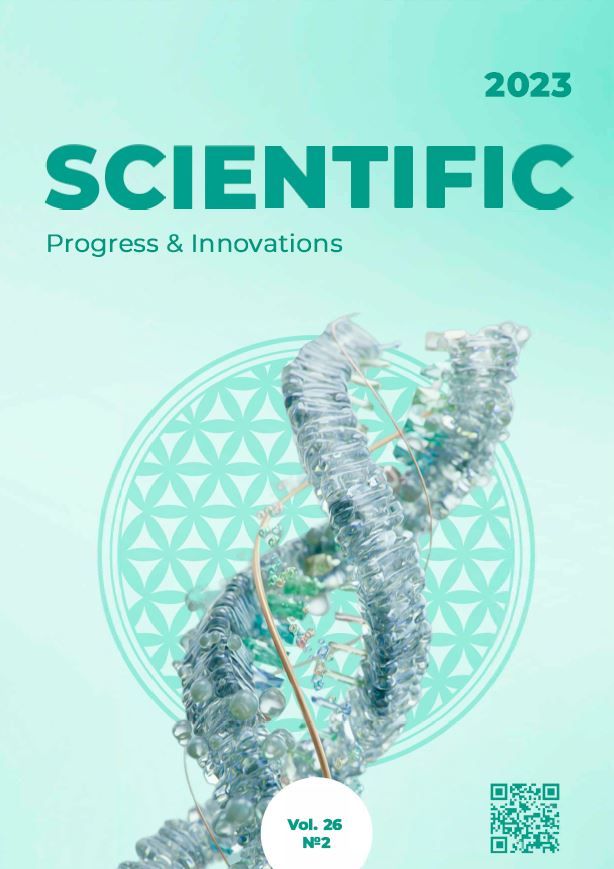Якість травмованого насіння пшениці озимої залежно від умов його зберігання
DOI:
https://doi.org/10.31210/spi2023.26.02.07Ключові слова:
схожість, енергія проростання, сховище герметична тара, вологість насінняАнотація
У статті представлено результати досліджень впливу терміну та умов зберігання насіння пшениці озимої в герметичні та негерметичні тарі в умовах кліматичної камери і сховища залежно від ступеню його травмування. З’ясовано, що за зберігання насіння упродовж п’яти років з різним ступенем травмування призвело до значного зниження його якості. За зберігання насіння в кліматичній камері у герметичній тарі за його воло-гості 6,7% воно зберігалося краще, ніж в негерметичній тарі. Так, за ступеню травмування 79 % енергія проростання, схожість і сила росту насіння в герметичній тарі зменшилися, відповідно – на 2, 3 та 5 %, в негерметичній тарі – на 7, 6 та 9 %. Водночас, як за незначного травмування насіння – 18% за таких же умов зберігання воно повністю зберегло початкові показники якості. Доцільно зазначити, що з збільшенням ступеню травмування насіння від 18 до 79 % показники якості закономірно зменшувалися за всіх умов його зберігання. Більш травмоване насіння (56 і 79 %) набагато швидше втрачало життєздатність. Також, знижувалася кількість повітряно сухої маси паростків і корінців та підвищувався ступінь вимивання з насіння екстрактивних вуглеводів, особливо в зразках насіння, які зберігали в сховищі в негерметичній тарі незалежно від його ступеня травмування. У сильно травмованого насіння (56 і 79 %), що зберігалось у герметичній упаковці як в кліматичній камері, так і в сховищі показники життєздатності підвищувались – вміст екстрактивних цукрів, що пов’язано з механічним порушенням насіннєвих оболонок та виведення насіння зі стану післязбирального дозрівання. Таке насіння менше уражувалося збудниками хвороб. Травмоване насіння цінних селекційно-генетичних зразків доцільно зберігати за його вологості біля 7,6 % у герметичній тарі. Таким чином з’ясовано, що при закладанні на тривале зберігання насіннєві фонди слід враховувати ступінь травмування насіння, не допускати його механічного пошкодження в процесі збирання, післязбиральної обробки та зберігання.

 Creative Commons Attribution 4.0 International Licens
Creative Commons Attribution 4.0 International Licens